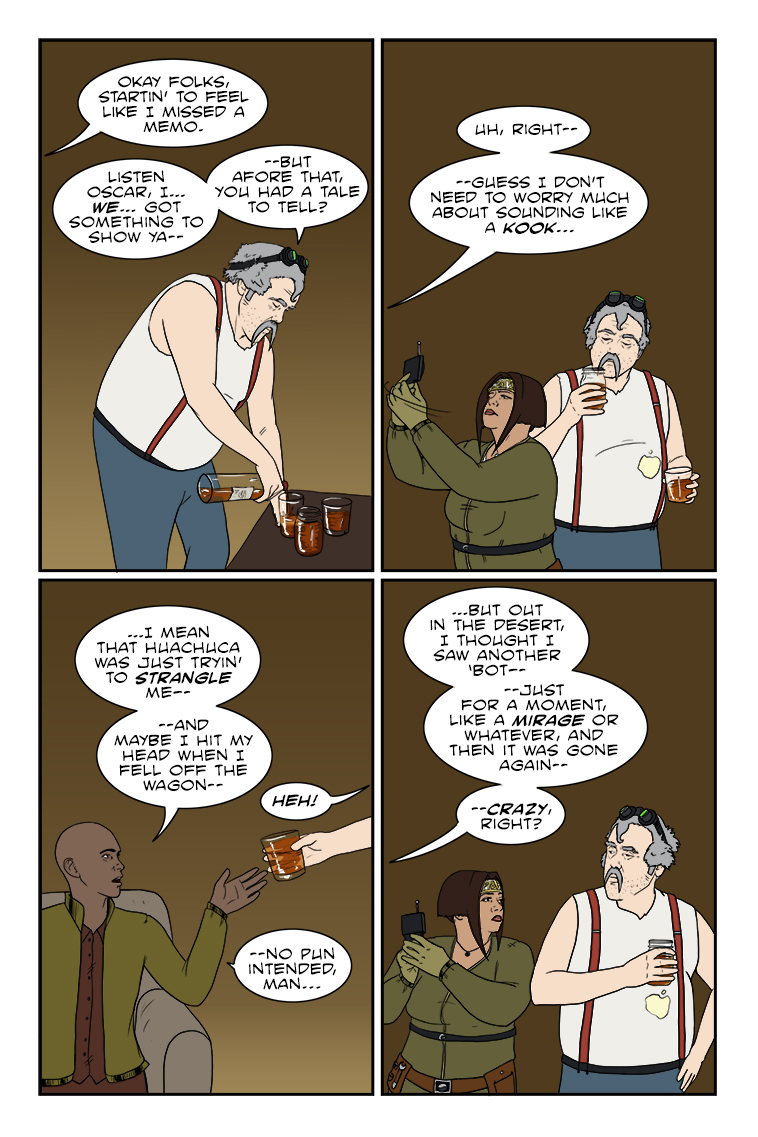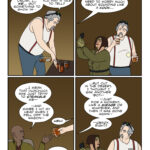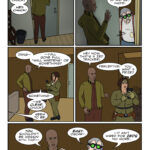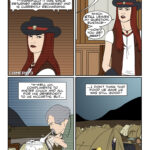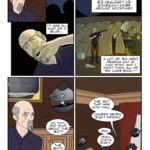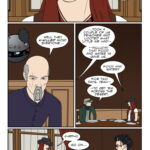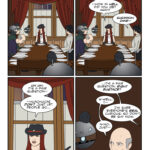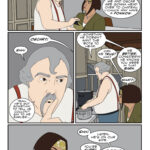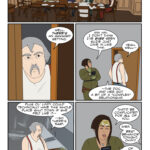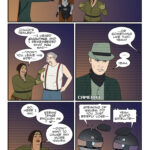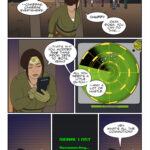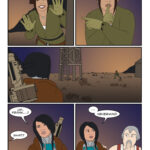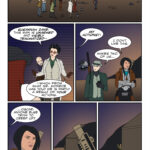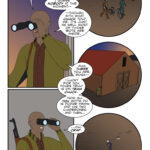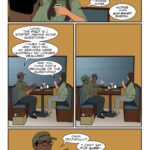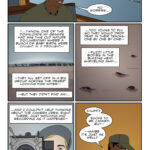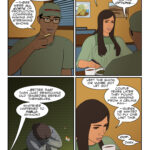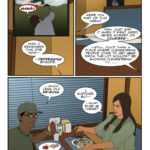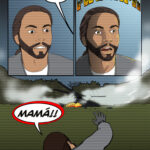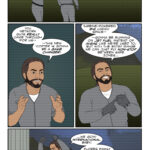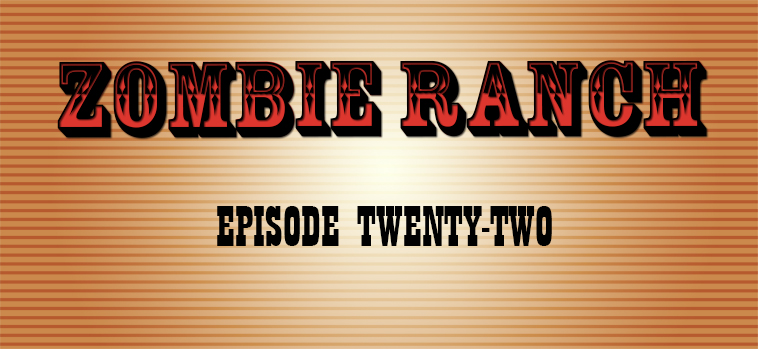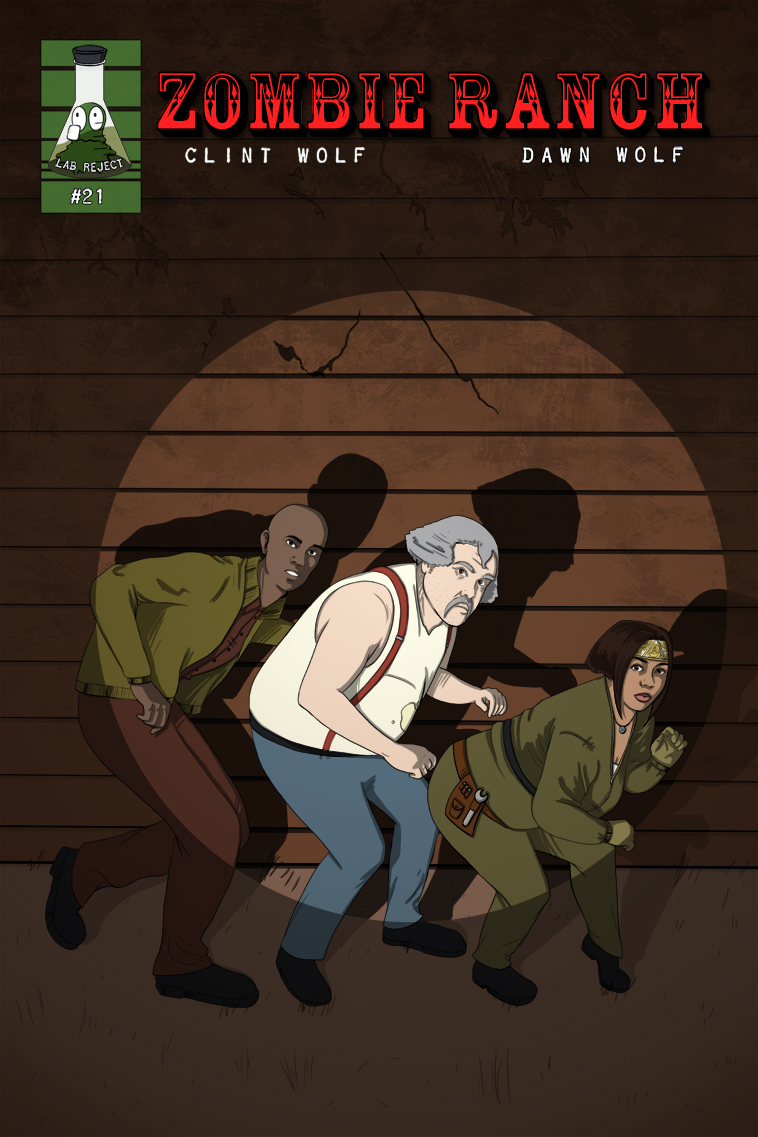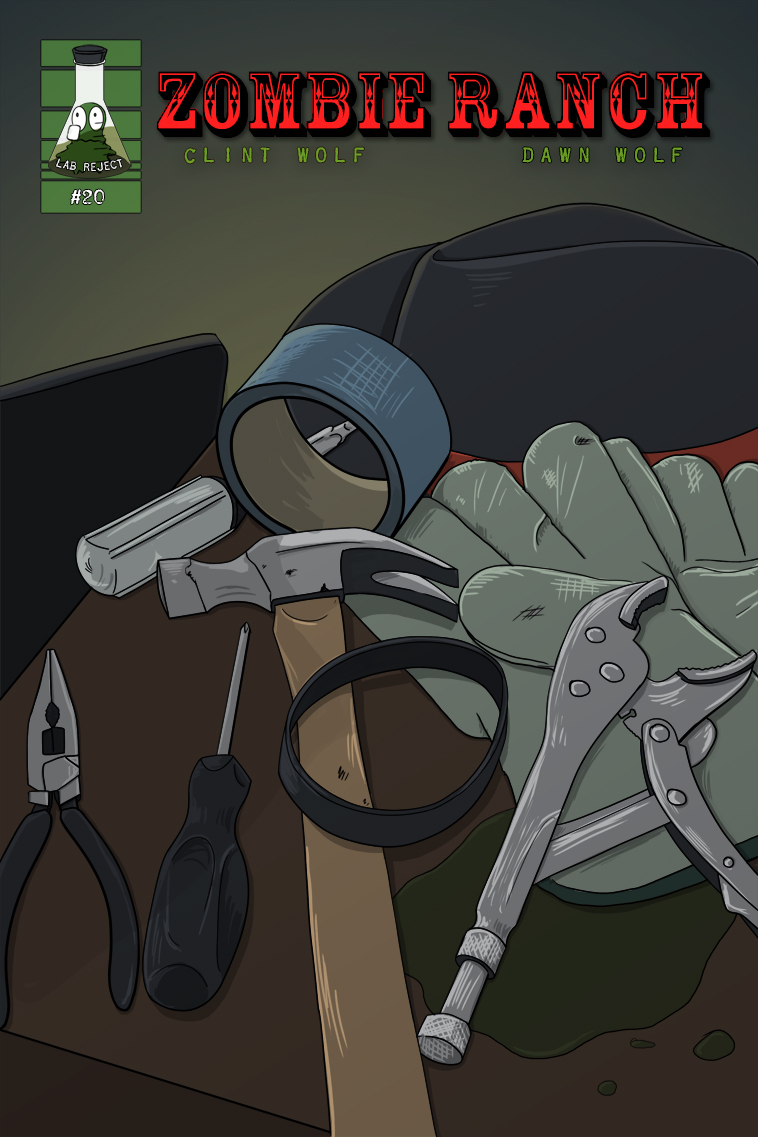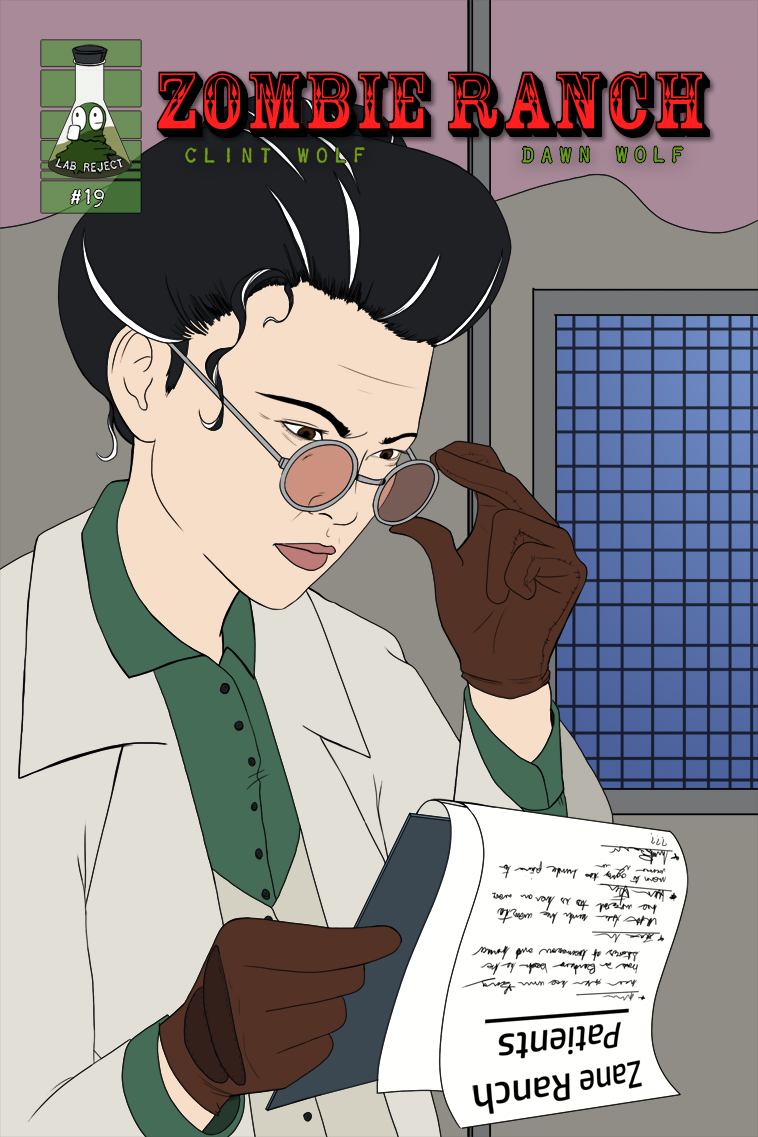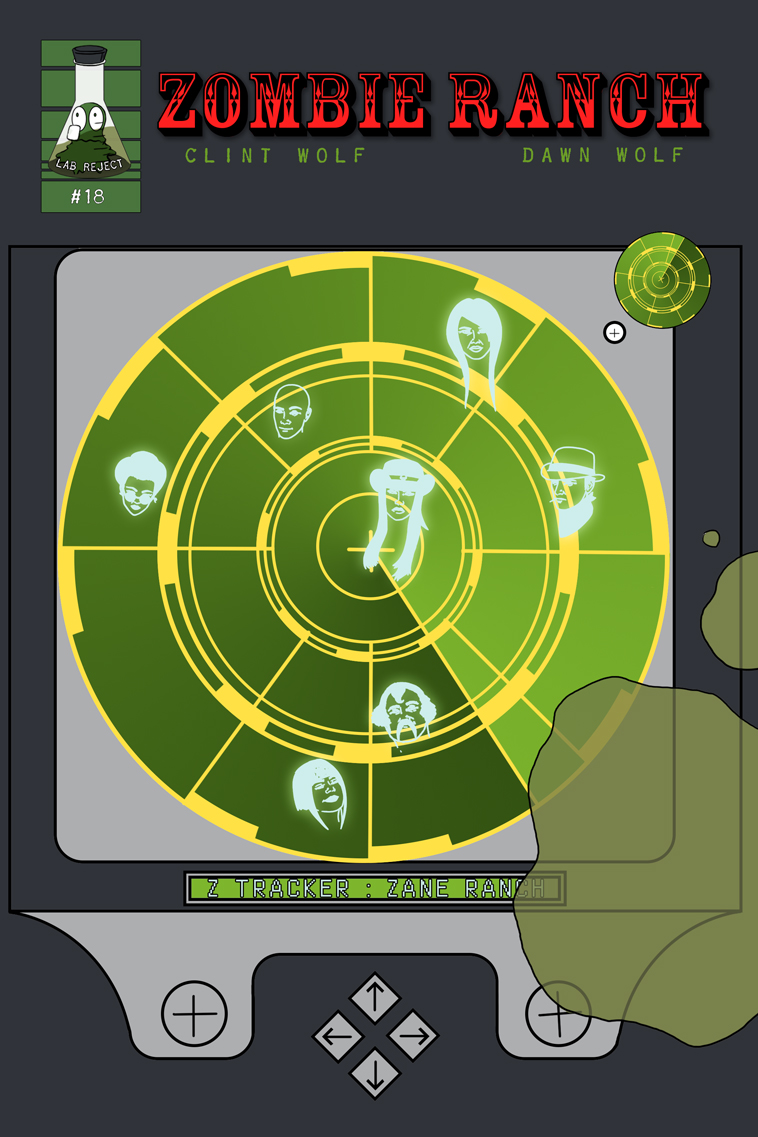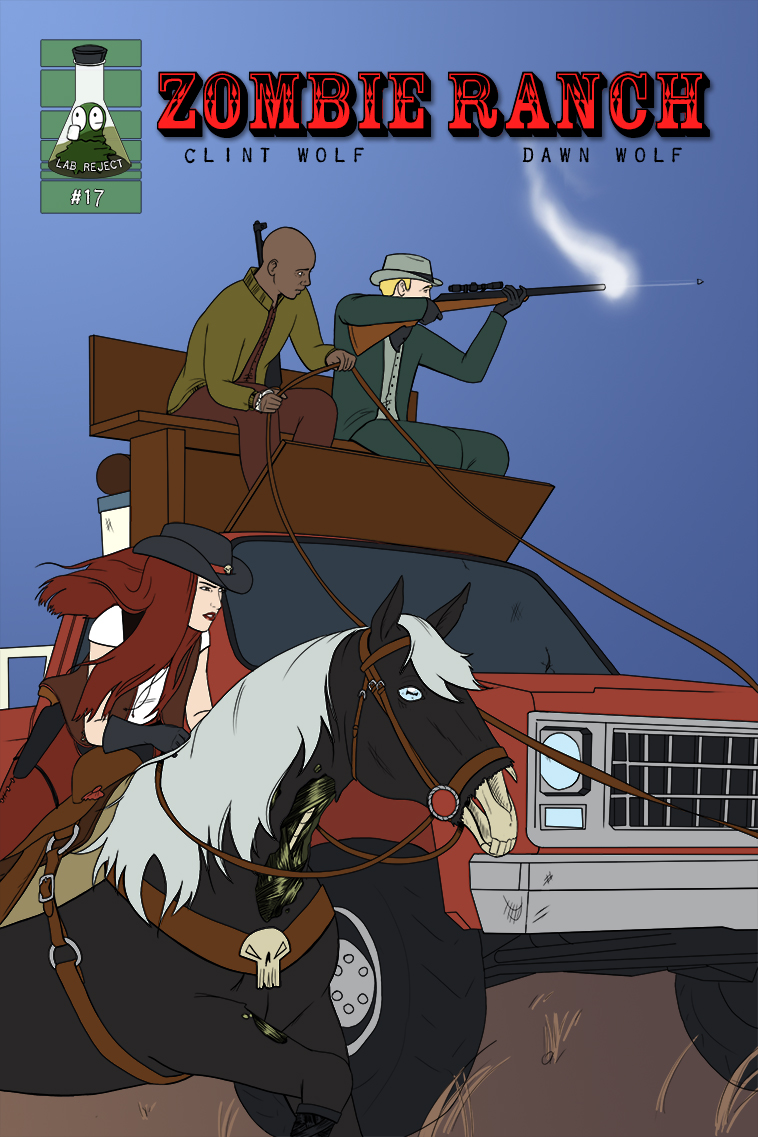On the poll before the current one I asked y’all what your preference would be in the world of Zombie Ranch: the order and security of a Safe Zone, or the freedom and risk of the Wild Zones?
With 61 votes tallied at the time I closed voting, the Wild Zoners had edged out the Safers, but only barely, by a margin of 32 to 29. It might be surprising in the sense that a lot of zombie fans are also what I suppose we could call “survival enthusiasts”, but then again we’re talking zombie fans who are reading comics on the World Wide Web, a medium which likely wouldn’t exist anymore if the apocalyptic hammer ever drops.
I honestly don’t know how long the Web would survive without regular maintenance. On the one hand, it’s extremely decentralized in its structure, so that failure of parts won’t affect the whole. On the other, some parts are more important than others, such as the telecommunications “backbones”… or the satellites, for that matter, without which things we’re already starting to take for granted such as GPS couldn’t exist. Even rugged mountain men and explorers have a GPS handy these days, keeping them constantly in touch with those invisible eyes in the sky.
And how long would those satellites last? Well, in
Zombie Ranch we know there’s at least one still active, but jealously controlled by its masters. Even with the limitations involved in what’s likely much more limited satellite coverage, it’s a pretty big advantage. Getting signals to your drone cameras would require a lot of repeaters to compensate for the curvature of the Earth, and if those towers are mostly out in hostile wilderness, that gets tricky mighty quick. You might have already inferred from the ranch crew’s struggles with their old-school UHF walkie-talkies that cell phones don’t seem to be a consideration any more, at least not for the common man. There’s a lot of infrastructure required and a lot of men and women who are working on a daily basis to keep those cellular “footprints” in working order. For that matter, it can be positively terrifying to contemplate just how much our modern civilization has become dependent on the ready flow of electricity.
But hey, I’ll admit it: I’m a fan. I love my refrigeration, and my air conditioning, and my 40 watt bulbs and my Internet. I probably wouldn’t last long out in the wilds, and more than that, I might not want to, so despite my value of personal freedom I’m a Safer at heart. I run straight onto the rocks of Ben Franklin’s scorn and his famous quote, oft-repeated in the post-9/11 days of the Patriot Act: “Those who would give up essential Liberty, to purchase a little temporary Safety, deserve neither Liberty nor Safety.”
Then again, that scorn could all depend on what he meant by essential Liberty, and given Mr. Franklin’s propensities that might just have been the Liberty to pursue French
demimondes.
It’s interesting to go back to the original quote (the source of which is detailed
here) and note the qualifiers of “essential” and “temporary”, words often left out when the phrase is regurgitated, as if there is no way Liberty and Safety could possibly co-exist. And maybe they can’t, at least not as absolutes, but human society does seem to balance best on a sliding scale between the two. The worst breakdowns occur when Liberty is curtailed but people still live in fear (the “Police State”), or when Liberty runs entirely free from law, at which point it’s oft been shown certain people will use their own freedom to oppress the freedom of others.
There’s a give and take we’ve been dancing with since our first tribal groupings, as we groped for some form of effective cooperation which would allow us to do more than we could do on our own, and that usually meant designating one person who seemed to know what they were doing as the person who told the rest what to do. That was the death of Freedom as an absolute. There was always the choice to leave, but even the most badass hunter would have a lot more trouble taking down prey on their own.
And then, of course, beer happened. I’m pretty convinced (and there’s early historical evidence to back it up) that beer really greased the wheels of the decision to stop roving around and establish cities. Sure, there was other agriculture, but I don’t think “You’ll have a lot more bread to eat if you settle down here and pay taxes” had nearly the same immediate impact as “Here, try this. We call it ‘Liquid Party'”.
From bread and beer to sewer systems and Xbox Live, we’ve always been ready to give up a little freedom for our luxuries. I don’t see anything inherently wrong with that, any more than I see anything wrong with the people who still do emulate the lone hunters of the past, taking themselves “off the grid” and working for self-sufficiency. It’s all about determining those freedoms we deem essential, the safety level we want, and how far we’re willing to go.
